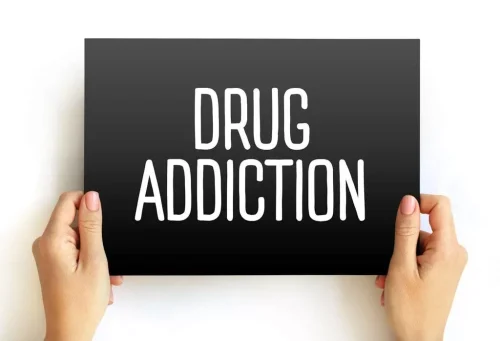
They can assess whether you have a risky drinking pattern, evaluate your overall health, help create a treatment plan, and refer you to programs or other healthcare providers if necessary. Scientific evidence about drinking alcohol goes back nearly 100 years—and includes plenty of variability in alcohol’s health effects. In the 1980s and 1990s, for instance, alcohol in moderation, and especially red wine, was touted as healthful. Now the pendulum has swung so far in the opposite direction that contemporary narratives suggest every ounce of alcohol is dangerous. Until gold-standard experiments are performed, we won’t truly know. In the meantime, we must acknowledge the complexity of existing evidence—and take care not to reduce it to a single, misleading conclusion.
- This may be because xylitol and erythritol can cause abnormal function of platelets (a type of blood cell), which can lead to cardiovascular events.
- Treatment can include counseling, medications, residential programs, and support groups.
- One such example of an addition that produces an alcohol is the hydroboration oxidation.
- Your risk of having AUD is three to four times greater if a parent has it, although many people who have a parent with a drinking issue don’t develop one as well.
- You shouldn’t attempt to drive or operate heavy machinery while under the effects of alcohol.
Alcohol Use Disorder Complications
- Alcohol intoxication causes slowed speech and reflexes, difficulty in concentration and memory, and poor decision-making.
- If you try AA and it doesn’t feel like the right fit for you, there are other support groups you can try.
- Some manufacturers voluntarily tell how much sugar alcohol is present in a product and what type of sugar alcohol it is.
- It is for this reason that we will not spend too much focus on phenols in this article.
In a primary alcohol, the carbon with the OH group has 1 alkyl group attached to it. In a secondary alcohol, the number of attached alkyl groups is 2. The Healthline FindCare tool can provide options in your area if you need help finding a mental health specialist.
Effects of Alcoholism on Others
Research suggests this form of treatment can help people shift from heavy to moderate drinking, improve quality of life, and enhance emotional well-being. Like all addictions, alcohol use disorder is linked to a complex combination of biological, social, and psychological factors. Research highlights a genetic component to the disorder, as about half of 7 myths about alcohol one’s predisposition to alcoholism can be attributed to genetic makeup. People may turn to alcohol as a way to cope with trauma or other, often unrecognized psychological disorders. Socially, alcoholism may be tied to family dysfunction or a culture of drinking. For many, beer, wine, and spirits conjure up thoughts of social gatherings and tipsy fun.

The Truth About the Health Benefits of Alcohol
We have been researching the health effects of alcohol for a combined 60 years. Our work, and that of others, has shown that even modest alcohol consumption likely raises the risk for certain diseases, such as breast and esophageal cancer. But after countless studies, the data do not justify sweeping statements about the effects of moderate alcohol consumption on human health.

Risk Factors
It’s tempting to assume that because heavy alcohol consumption is very bad, lesser amounts must be at least a little bad. But the science isn’t there, in part because critics of the alcohol industry have deliberately engineered a state of ignorance. Instead, much alcohol research is observational, meaning it follows large groups of drinkers and abstainers over time. But observational studies cannot prove cause-and-effect because moderate drinkers differ in many ways from non-drinkers and heavy drinkers—in diet, exercise, and smoking habits, for instance. It’s tempting to assume that because heavy alcohol consumption is very bad, lesser amounts must be at least a little bad.
Causes and Risk Factors of Alcohol Use Disorder
- People can focus on education and support, such as through Alcoholics Anonymous, or take on a sobriety challenge.
- Drinking an extreme amount of alcohol, also known as alcohol poisoning, can be fatal.
- Severity is based on the number of criteria a person meets based on their symptoms—mild (2–3 criteria), moderate (4–5 criteria), or severe (6 or more criteria).
- Consuming a lot of sugar alcohol can cause symptoms such as gas, abdominal discomfort, flatulence, and diarrhea.
- “I’m so excited that we get to continue the tradition of what we do and I’m just lucky I have someone who cared about us, and we can keep who we are,” said Leah Vaughan, owner of Local Cue.



 – 782
– 782
Comentários